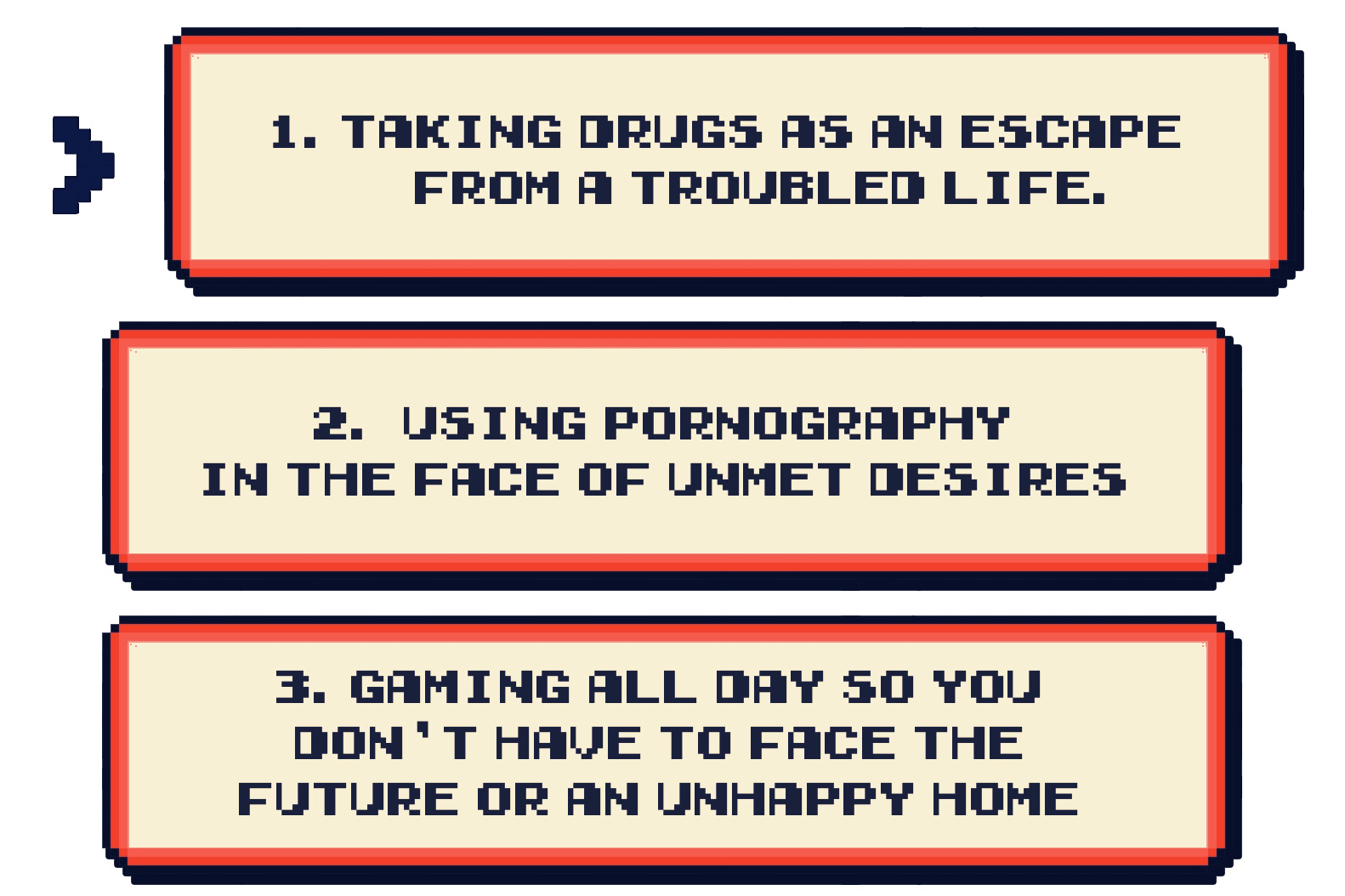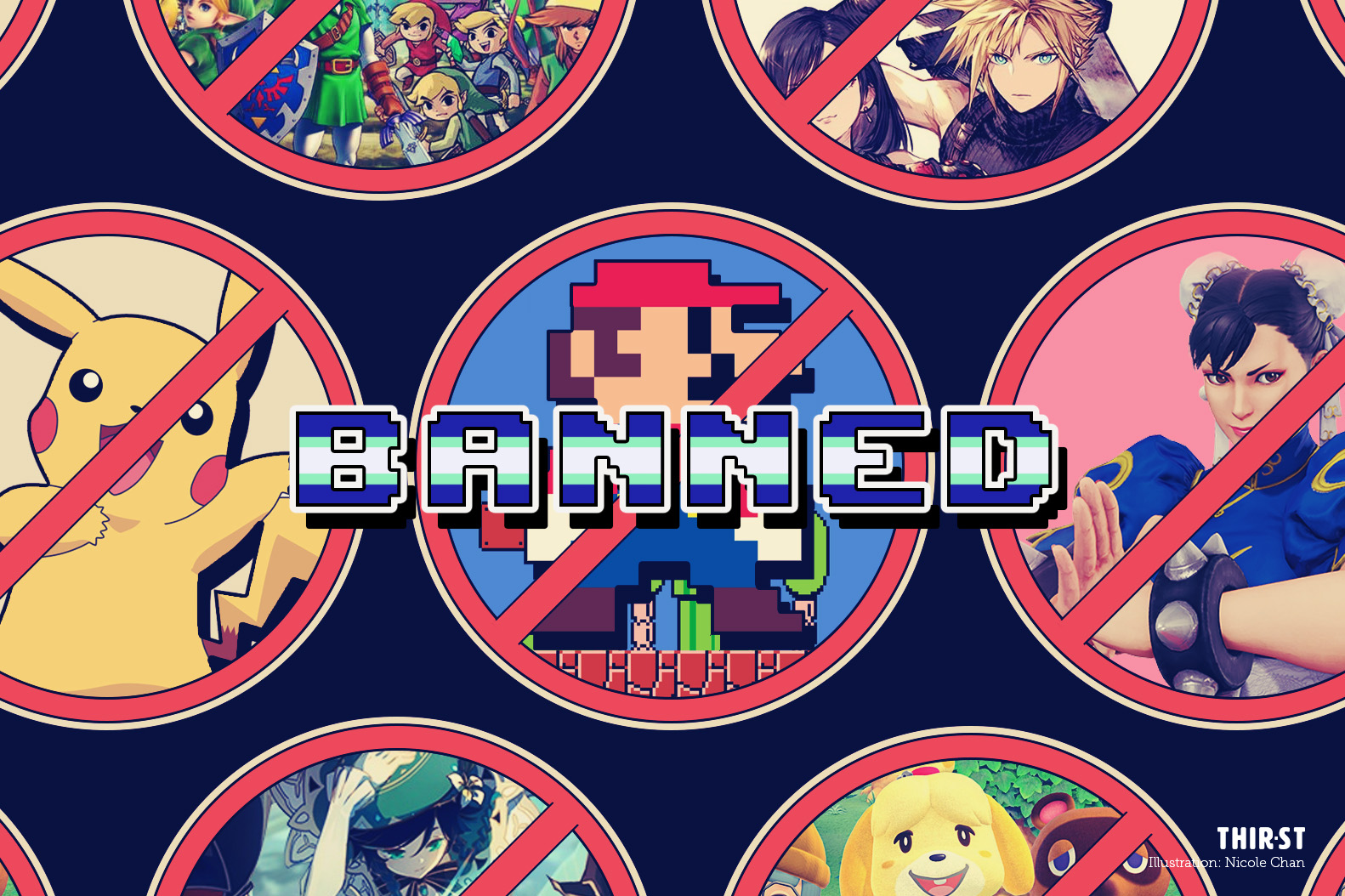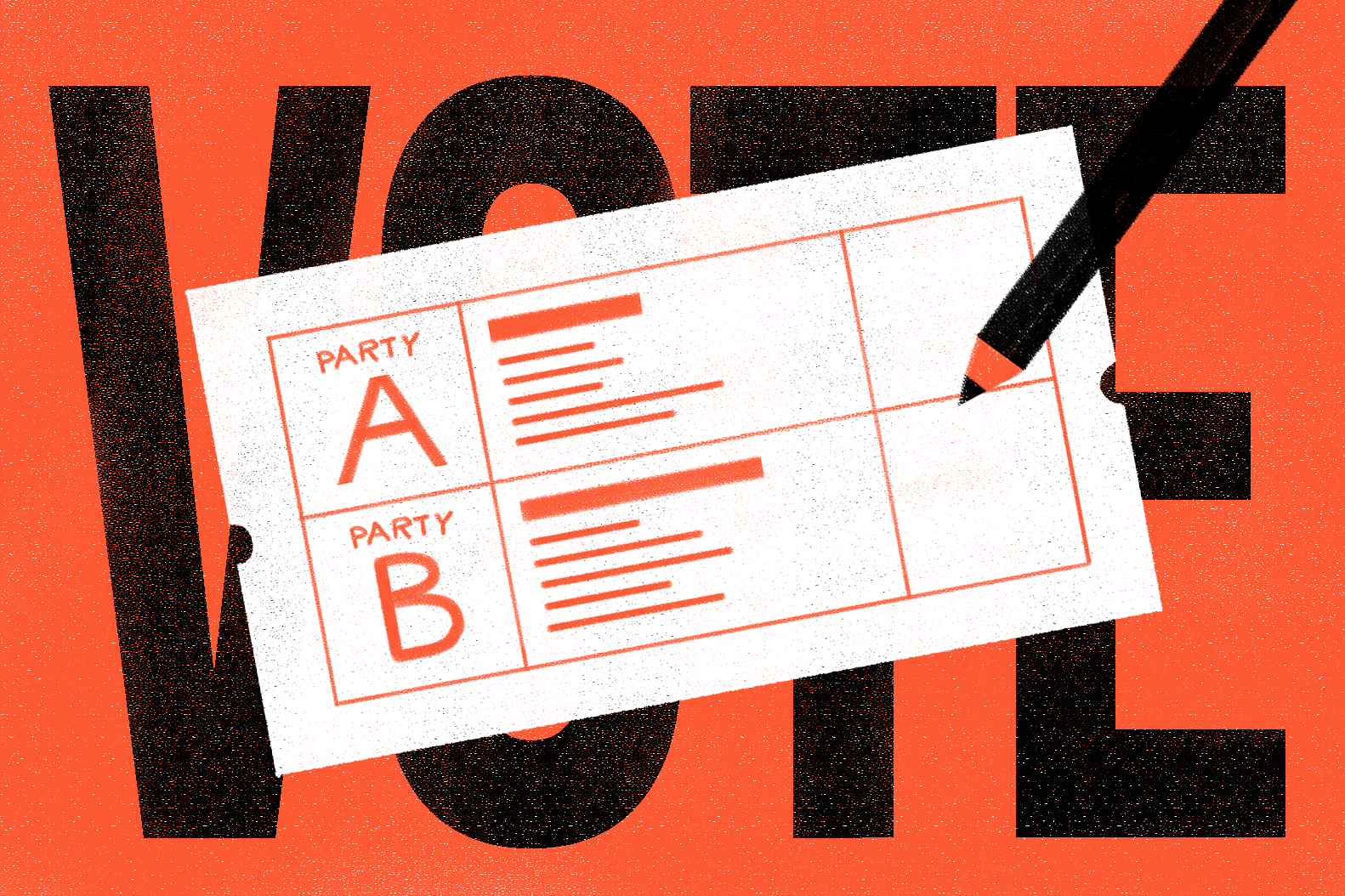It’s been all over the news in recent days so you would have probably seen the reports about China’s latest crackdown: games.
Well, games, tech and education, to be more precise. Earlier this week, the National Press and Publication Administration released a stunning notice that gaming hours for minors would now be restricted.
That means Chinese gamers under the age of 18 are now only able to play online games from 8-9pm on Fridays, Saturdays and Sundays – three hours a week.
Oh, and that same one-hour window applies on state holidays (scant consolation for China’s millions of young gamers).
The new limits were put in place after further crackdowns on Chinese tech giants Alibaba and Tencent, and earlier watchdog comments denouncing games as “spiritual opium“.
Many have denounced the new limits as too severe, some others see it as a good move. I’m somewhere in between, and I’ll share why, but first we’ve got to get up to speed on the whats and whys.

CLUES BEHIND THE CRACKDOWN
Why the Big Tech reforms?
I’m no expert, but my own view is that Chinese leaders have seen how Facebook and certain social media platforms like Twitter have functioned in the West, and their potential to destabilise countries and foment unrest.
On a separate note, that might well account for why China is taking away soapbox and sway from public personalities who fall out of line with Party ideals.
Just think of Jack Ma who disappeared from the public eye after he gave a speech criticising Chinese financial institutions and regulators.
Or Zhao Wei who failed to toe the line and has now been scrubbed from the internet.
So, a few unsubstantiated hunches later – how does gaming fit into all this?
Gaming accounts for a huge share of Chinese tech revenue. For instance, Tencent’s flagship game, Honor of Kings, generated US$7.1 billion across the world last year.
That’s a lot of money! Why mess with a business model that’s working incredibly well? What could be more important than profit?
The only answer that comes to mind is power.
Either gaming is now seen as a threat or an obstacle to the Party’s exertion of its power, or it compromises, unsustainably, the people’s power to fulfil Party objectives.
In the case of gaming, there is thus a confluence of factors here which might explain why the crackdown has been so harsh.

It may also be relevant to note that there is a growing social attitude in China known as 躺平 (tang ping) – “lying flat” in English – which is choosing to live a frugal and simple life in response to the unending and insurmountable rat race.
In such a context, games would seem to provide an escape from society’s obligations and would explain why they are frowned upon by the leadership.
LOOK BEHIND THE BLANKET
I spoke to some good friends about this issue (we actually started a gaming ministry for Christian youth but that’s another story) and their responses helped me think through this issue a little deeper.
My friend Mark Lee, 28, shared: “These are probably the most stringent rules yet, regarding curbing game time with the purpose to combat addiction. But South Korea did it before – and then did away with that law!
“The biggest issue, in my opinion, is that such laws don’t address the core issues underlying the addiction at all.
“You could argue whether or not that’s the role of the government or game developers, but what happens is the youth would just buy a gaming account from adults (anyone 18+) who don’t play that game.”
Mark also raised another salient point to me: After turning 18, many of these minors who game would “massively lose control because all the chains are off”.
A BAN WILL DRAW A BLANK TO ADDICTION
And it’s all about addiction, isn’t it?
The official reasoning behind the new limits is “preventing the addiction to online games, and protecting the healthy growth of minors”.
I give my full support towards such intentions (I like their monthly caps on spending from underaged individuals, for instance), but I remain sceptical about the effectiveness and sincerity of this approach.
If we’re talking effectiveness, then authorities should recognise that users will still find a way to play – whether that’s fooling facial recognition or buying adult accounts.
How will they implement these laws and enforce these limits effectively?
And correct me if I’m wrong in the comments, but I believe these restrictions extend only to online games like Honor of Kings and Genshin Impact.
Minors could still be able to play single-player games at length.
And as I’ve mentioned, there are also “workarounds”, like adult accounts one can buy for unlimited playtime or the fact that minors can simply use their parents’ phones.
PLAY AND PAIN
I believe addiction often boils down to pain.
What we addict ourselves to is merely the salve we use in attempting to soothe that pain, for instance:

So, taking away the addictive goods is only part of the treatment. We still must address the other factors that have caused the pain in the first place.
For many Chinese minors, the future might bleakly look like decades of striving in unfair playing fields to get into well-paying fields, only to run into a wall that no amount of human effort can change.
That is the pain that pushes a person to look for an escape, mental torment that opens a door to addiction.
To China’s credit, concerted efforts are being made to stem off systemic inequality and an exhausting work culture (the “996” practice is a good example) as can be seen from the ongoing reforms in the education sector.
If China restricts that which is addictive and successfully addresses the pain minors face – then I believe it’s gonna work.
After all, while much has been made of these three hours, the more important point is how China will help their minors redirect the other 165 hours in their week.
“The law only says you can’t play games for more than three hours. But what if the youth still spend all their time in online communities surrounding the game like YouTube, Discord, Twitch, bilibili?” Mark asked me rhetorically.
“What if they spend all their time writing fanfic or on cosplay? Of course one may argue that these latter activities may not be as ‘damaging’ as sinking all those hours into the game itself.
“But it begs the question: so what? So what if I’m not playing the game? Then what exactly should I be doing that’s worth my time? What are these things that the authorities, or even myself, deem as ‘better’?”
WHAT’S THE BETTER WAY?
“All things are lawful for me,” but not all things are helpful. “All things are lawful for me,” but I will not be dominated by anything. (1 Corinthians 6:12)
Since a blanket ban is not the whole answer, what is also required is to point people to that which is better.
And what is the measure of better? Christlike character is one good yardstick.
It is also worth thinking through our pursuits to see which produces godly fruit in ourselves and others.
Gaming can be morally neutral. One person might experience leisure with balance and give glory to God in games; another might grow in addiction or anger to it.
May God grant us wisdom and discernment in how we engage and guide our young people in using these mediums.
Is healthy gaming ever possible? How can gaming glorify God? Questions like these will be addressed at an upcoming online conversation hosted by Generations of Virtue on September 11 (Saturday), 3–4.30pm.
This session is open to anyone who’s interested to understand the realities of gaming and how to play responsibly. The panel comprises:
- Lang Tien, founder of gaming ministry G.G.
- Nicholas Aaron Khoo, director of Comeback.World
- Jakin Tan, co-founder of Philotimo
Registration details can be found here.
- What are your thoughts on the gaming curbs?
- Do you game? When do you think it becomes harmful? Where do you draw the line?
- Can’t seem to stop? Are there any underlying reasons why you might be running away from reality?









